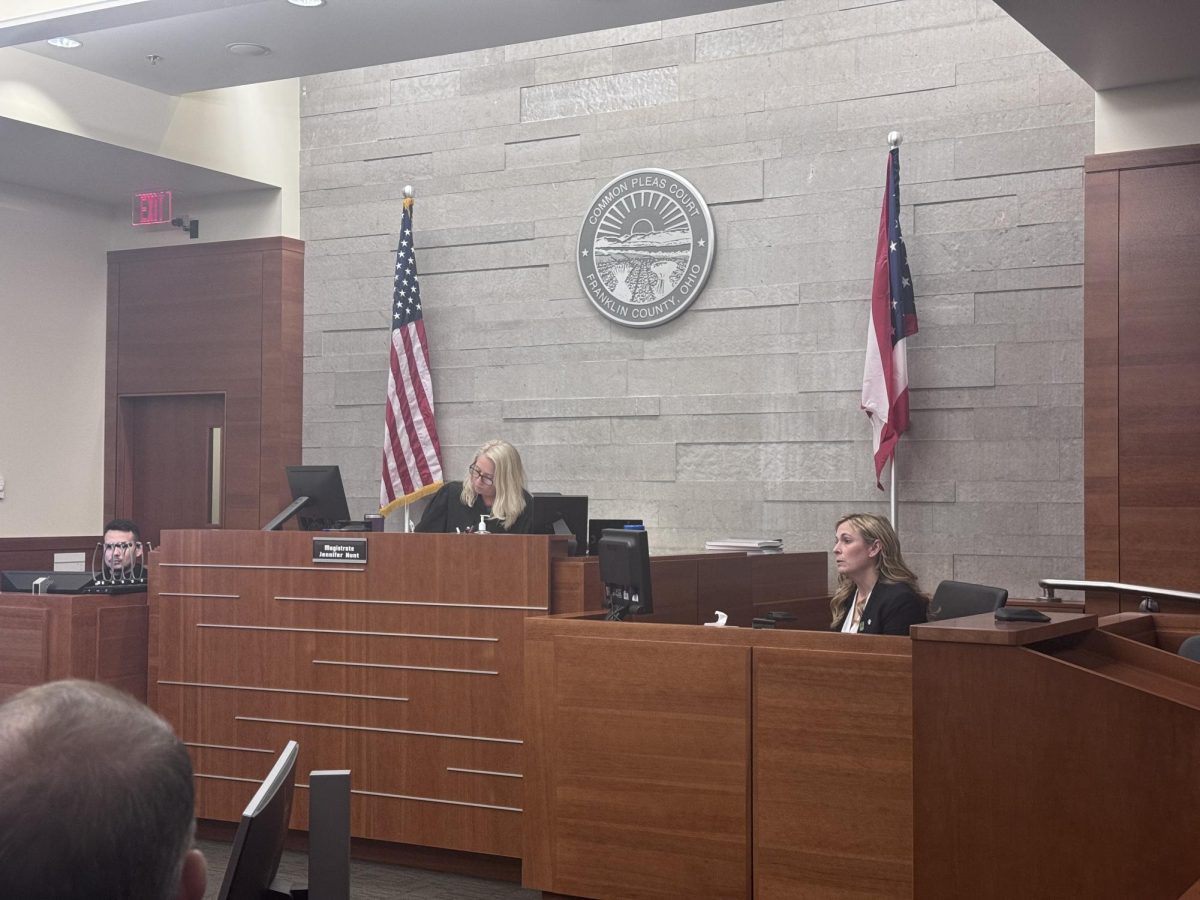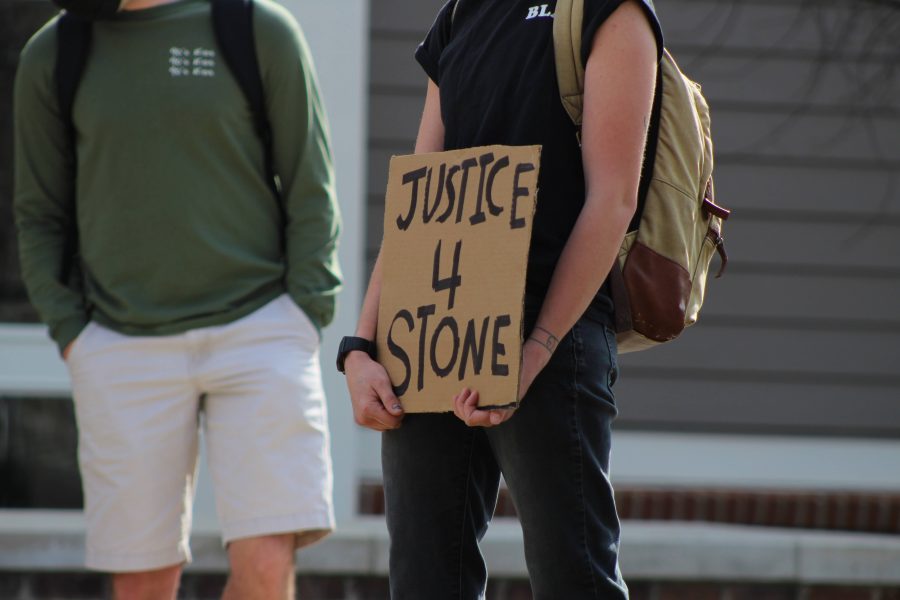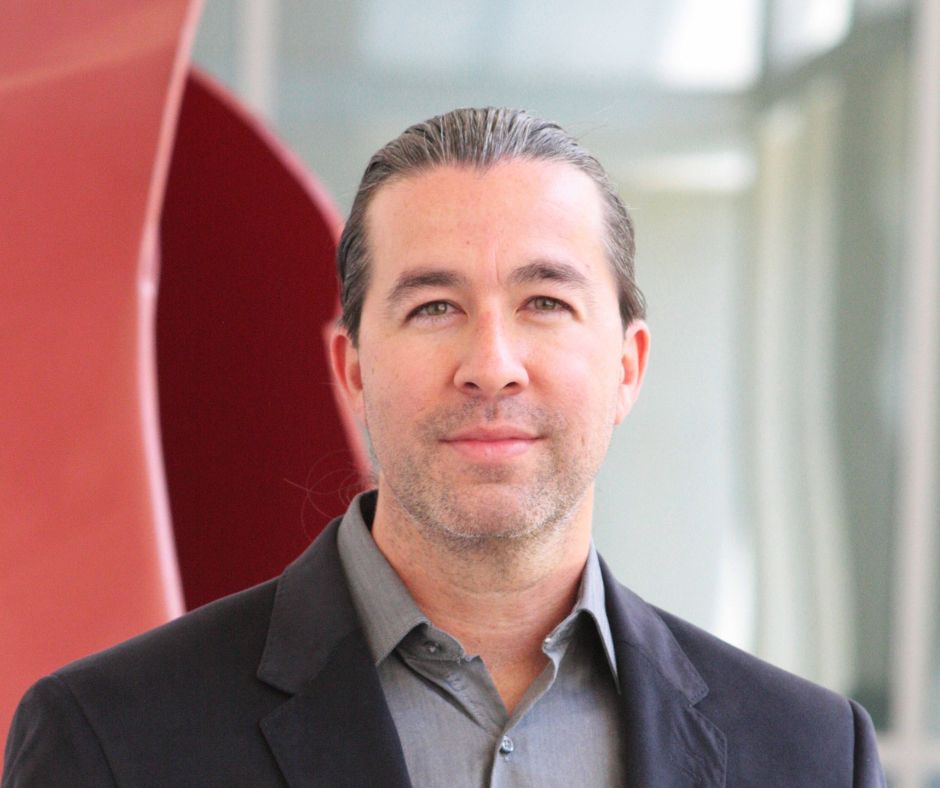Nearly 200 professionals from more than 26 different public and private universities and other K-12 institutions came to Bowling Green State University for its first anti-hazing summit.
On Aug. 2, BGSU President Rodney Rogers opened up the summit by addressing the participants and explaining what they would learn during the day.
Rogers explained that, “we have a lot of speakers, as well as panel breakout sessions, where individuals and participants have an opportunity to learn from each other, various universities across the state, and other organizations…”
After the death of Stone Foltz in 2021, BGSU has worked hard to create a safe space on campus and is relying on the passage of Collin’s Law to bring about a safer atmosphere for the college student bodies.
Jessica Galanos, a Higher Education Attorney and Consultant at Bricker & Eckler LLP talked about Collin’s Law and provided insight into its trends, requirements updates and its impact on the future.
“Our work has always been about working to eradicate hazing, to think about the safety of our student body, (and) with passage of Collin’s Law here in the state of Ohio, as well as in the inner university council…, a framework was developed,” Rogers said.
Collin’s Law requires all administrators, employees, faculty members, teachers, alumni and volunteers from all organizations and campuses to immediately report all hazing instances to the local law enforcement agency.
“We felt we needed to take the leadership position to ensure that all of the public and independent universities… are absolutely following the framework and instituting the framework in an aggressive way,” Rogers explained. Collin’s Law helped expand the scope of mandatory reporting in Ohio.
Furthermore, Galanos and Ben Batey, BGSU’s Chief Health and Wellness Officer and Hazing Prevention Coordinator spoke on what mandatory reporting is and who has the responsibility.
Rogers said it was important to include professionals that work with younger people at the summit as it is important to educate early in order to evolve the hazing culture. A variety of speakers attended and shared their insights on hazing.
Among the professionals attending the summit, there was Elizabeth Allan, Ph.D., a professor at the College of Education and Human Development at the University of Maine, spoke about her research and findings on the realities of hazing, why it’s an issue and its far-reaching impacts across the United States.
Additionally, she spoke on ways to combat hazing comprehensively with a research-based approach. Others were included to provide their own insights on hazing and how to prevent things before they happen.
Kerry Soller, the project manager for Campus Safety and Sexual Violence Prevention Ohio Department of Higher Education and Alex Zernechel, the associate director of Student Involvement and Fraternity and Sorority Life at the University of Toledo spoke together on the tools, templates, resources and questions institutions should consider while implementing external reports.
The Ohio Department of Higher Education has coordinated with representatives from colleges and universities around the state to provide guidance on how to structure an external report.
Kelly Smith, the director of Student Conduct at The Ohio State University and Taylor Tackett, the Assistant Dean and Director of Community Standards and Student Responsibility at Ohio University spoke together on promising practices regarding sanctioning guidelines and educational and restorative philosophies to address hazing behaviors.
Hunter Hartwig, the Associate Director of Sorority and Fraternity Life at The Ohio State University talked about hazing’s impact across cultures while considering the role identity plays in these behaviors.
Meredith Stewart, Program and Outreach Coordinator for StopHazing spoke on recognizing guiding principles that it requires a commitment to eradicate hazing.
Participants were able to attend round tables during one of the scheduled break-out sessions. Some of these discussions were based on Fraternity and Sorority Life, University Legal Counsel, Campus Activities and Students Engagement and Student Conduct.
They looked deeper into topics related to hazing within athletics, K-12 educators and administrators, health and wellness, Title IX and compliance, insurance, risk management and media and communications.
Rogers hopes people left the summit with a, “renewed sense of energy around why they continue to evolve and elevate their work” and to remember the message that was taught by the speakers present.
BGSU is using this summit to also make connections with The Ohio State University, University of Toledo, Ohio University and many other schools so they can all learn from each other.
“Our goal is to ensure that we can eradicate hazing at college campuses,” Rogers said.
The summit taught educators how to inform students on the consequences of hazing, how to report incidents and to understand how hazing begins.
“Universities need to know what is going on and often fellow students or family members may know more than the university at times,” Rogers said.
Going forward, BGSU is looking to set an example for other universities, along with doubling down on all efforts to stop hazing and create a more educated student body.












![The parents of Stone Foltz, Shari and Cory, sit with their legal team, as the final defendant in their sons hazing death didnt appear in court. [Feb. 29, 2024]](https://bgfalconmedia.com/wp-content/uploads/2024/03/IMG_1392-1200x900.jpg)







